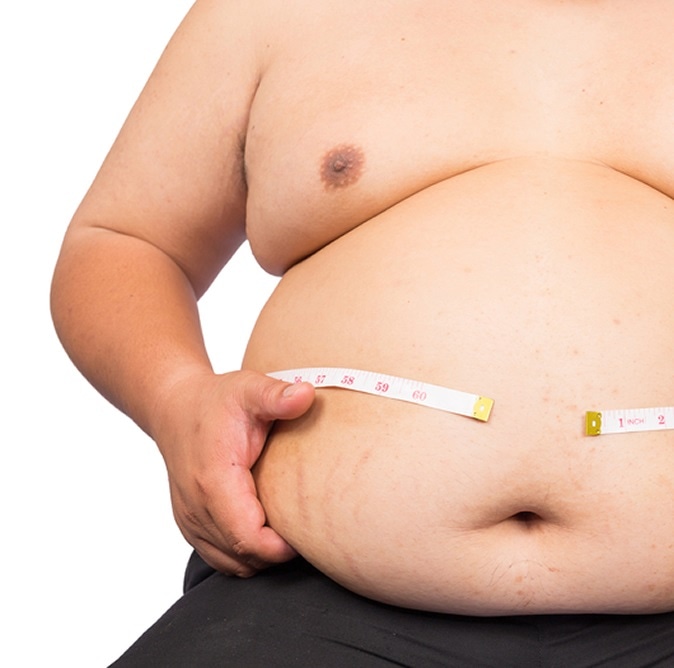A new study has thrown light on several eating habits that could be linked to obesity. Notable among these are speed of eating, eating after dinner snacks and eating within 2 hours of sleeping. The study titled, “Effects of changes in eating speed on obesity in patients with diabetes: a secondary analysis of longitudinal health check-up data” appeared in the latest issue of the online journal BMJ Open.

Image Credit: EAK MOTO / Shutterstock
Researchers noted that keeping these bad habits at bay could help lose weight and reduce BMI or body mass index and waist circumference.
The study looked at health insurance data from Japan for 59,717 people with diabetes. These individuals had all submitted claims and had regular health check-ups. The study spanned between 2008 and 2013. Each of these checkups looked at BMI, weight, waist circumference and blood biochemistry, urine tests and liver functions. Each of the participants were given questionnaires to fill in regarding their lifestyle, eating and sleeping habits. They were also asked about their alcohol use and tobacco use. Each of these participants were classified as fast, normal or slow eaters. Other eating habits of concern that were quizzed about included eating dinner within 2 hours of going to bed or eating snacks after dinner and skipping breakfast.
Results;
- They noted that 36.5 percent of the participants had at least one check up over the six years of the study and 29.5 percent and 20 percent had at least two or three checkups during this period respectively
- Of the participants 22,070 people were fast eaters while 33,455 ate at normal speed and 4192 were slow eaters.
- Health was better among slow eaters than among fast or normal eaters they noted. The rates of obesity were 29 percent and 42 percent lesser among normal speed eaters and slow eaters respectively compared to fast eaters.
- Waist circumference was also slightly lower among normal speed and slow eaters compared to fast eaters.
- Around 52 percent of the participants also changed their eating speed during the course of the study.
- Obesity was associated with bad eating habits such as snacking after dinner, going to bed within two hours of eating, alcohol consumption etc.
Authors speculate that eating fast is linked to impaired glucose tolerance and development of insulin resistance. Both of these can raise the risk of diabetes and metabolic syndrome. These are associated closely to obesity. They explain that fast eaters may take longer to feel full and may eat more than they need for satiation. On the other hand slow eaters take longer to feel full and thus the energy intake is lower. Authors conclude, “Changes in eating habits can affect obesity, BMI, and waist circumference. Interventions aimed at reducing eating speed may be effective in preventing obesity and lowering the associated health risks.”
Excess energy intake and low physical activity is similarly associated with obesity but was not accounted for in this study. Also being an observational study, this study fails to draw absolute conclusions accepted the authors of the study.
Source: http://bmjopen.bmj.com/content/8/1/e019589